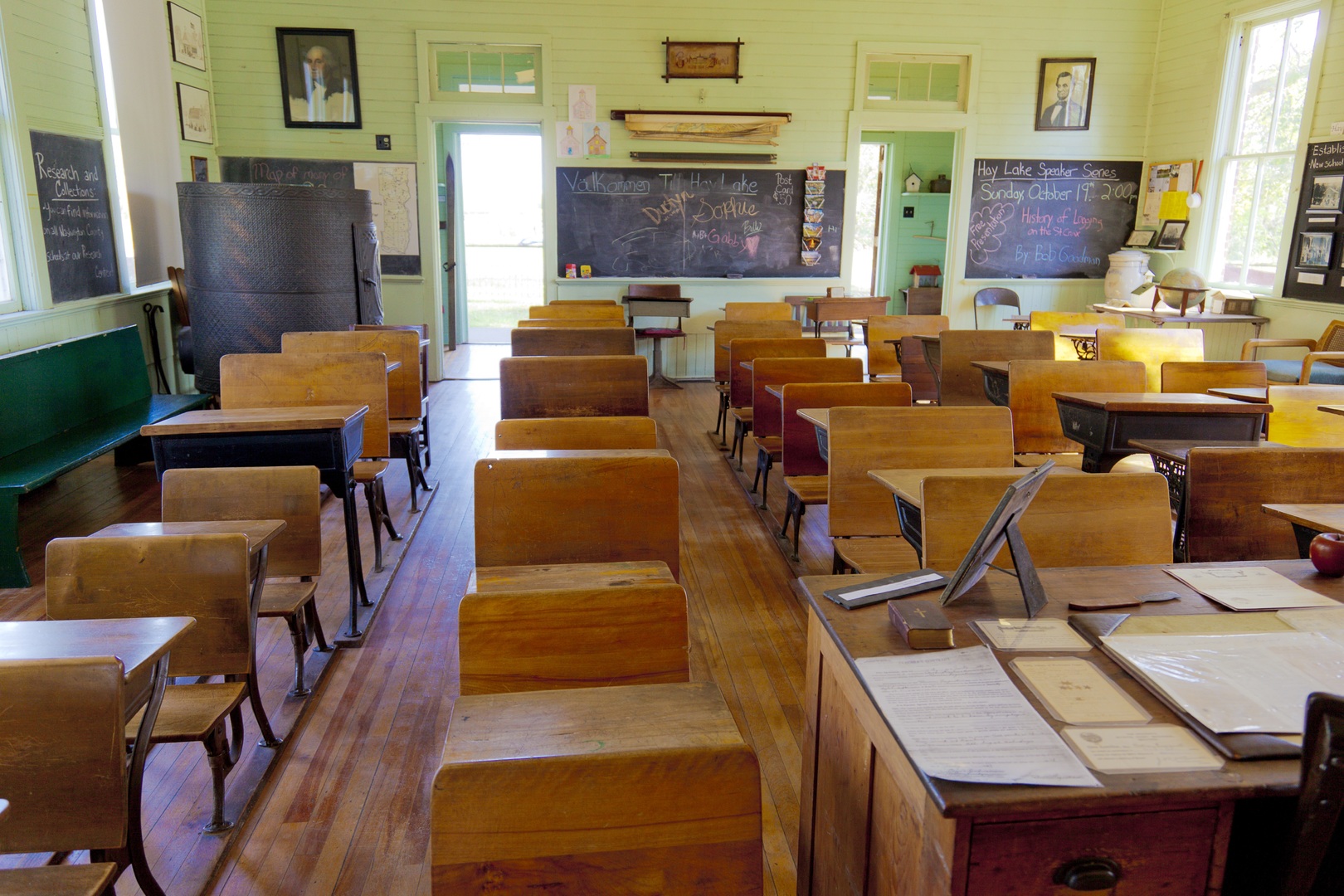Between October and November, hundreds of teachers flooded the streets of Chicago for several days. The message they wanted to send was quite clear. They wouldn’t stop their teaching strike until they got what they wanted. As a result, schools were closed and the situation was getting more and more chaotic. Parents were also starting to complain and ask for things to return to normal, for the sake of their children. While the adults were arguing, in fact, about 300,000 students remained outside the classroom. Some were playing cards, others were making oregano, instead of being there where they should learn – at school.
This strike, although local, crossed borders, crossing the oceans. It has become the symbol of a global crisis, of a school that is increasingly mistreated, abandoned by the institutions, in which students can no longer find refuge. A school that ceases to be the beacon of our civilization and a safe bridge to the future.
Teaching Strike: What Chicago Teachers Are Asking for
About 25,000 teachers from the Chicago Teacher Union gathered on 23 October to protest against the city’s new budget plan. The teaching strike began after the city’s public school system failed to produce a satisfactory plan. The main shortcomings found by the teachers concerned salaries, overcrowding and lack of staff in the school system.
“We want fair treatment for ourselves and our pupils. Many of them take medicine in the classroom, but they need the supervision of nurses. The problem is that there is a lack of resources.” This is what the teachers who took to the streets to demonstrate in the centre of Chicago said.
Chaos in Schools, Lack of Social Workers
Schools need more social workers. Among the demands made by teachers in Chicago, this is perhaps the most heartfelt, even by parents. This need is particularly urgent in Chicago, where many students have been fighting poverty and violence every day since they were very young.
“Everything is different. It seems that the situation is getting more and more chaotic year after year,” says Williams, the mother of two children. “Many children need help. In fact, when a child cannot talk to his family or friends, he turns to the social worker. He relies on this figure because it is a separate entity, impartial, able to offer valid support.
At the moment, social workers are too few for a complex city like Chicago. Just think that a social worker is divided between 4 buildings and over 1039 students.

